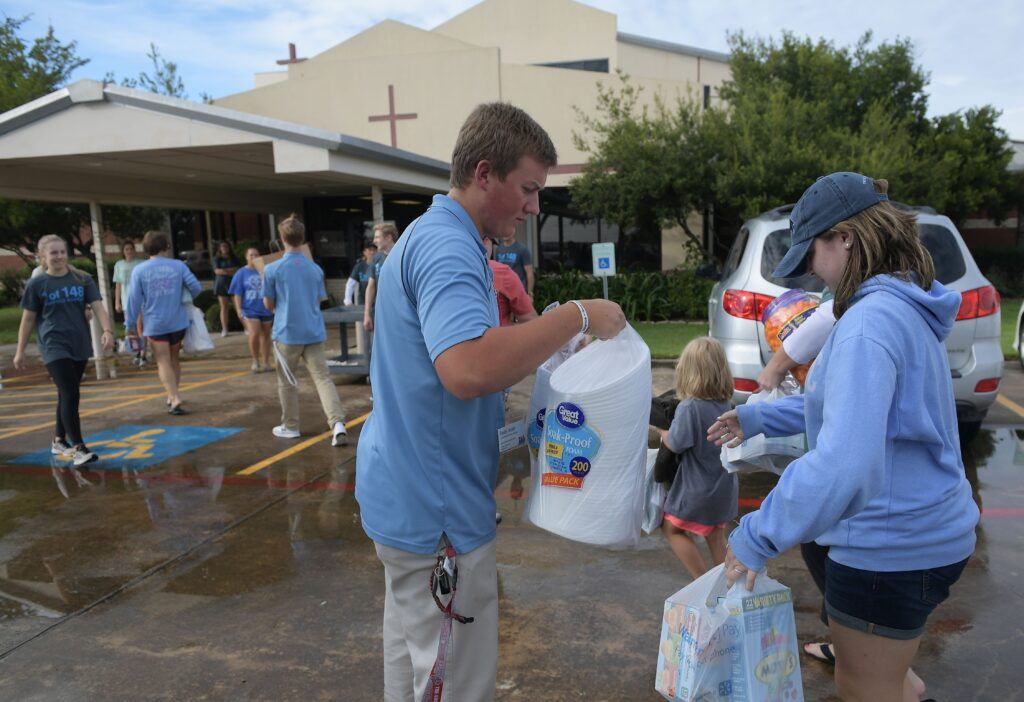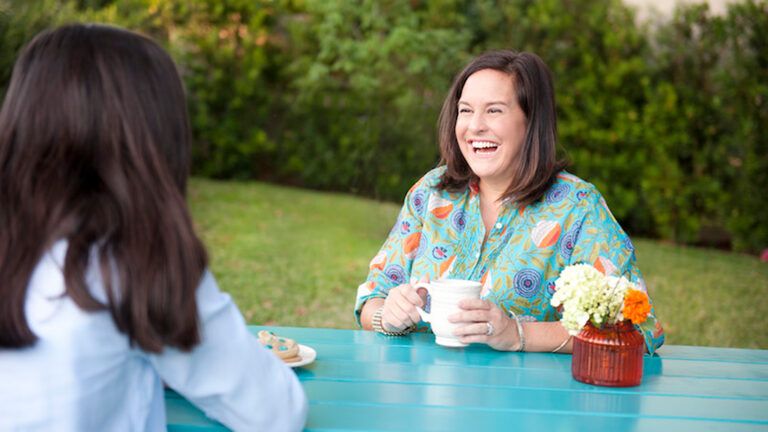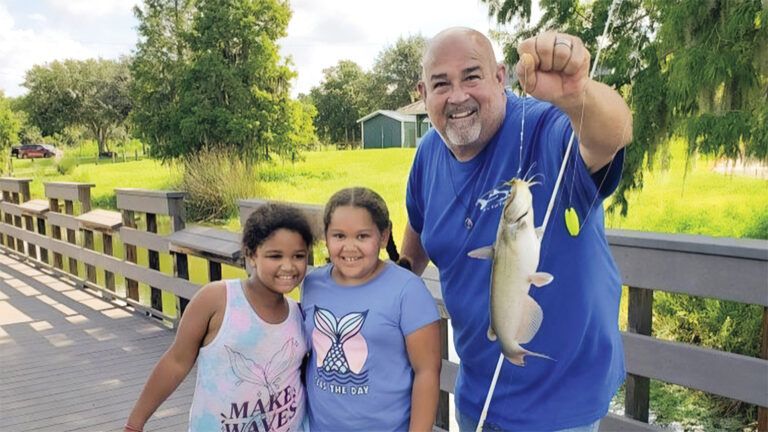Hurricane Harvey ravaged the Texas coast from the end of August to the beginning of September, dumping feet of rain and forcing thousands to flee their homes due to flooding. With recovery efforts still underway, so many evacuees left with nowhere to go and little hope, the faith community of Houston and religious groups from across the U.S. are extending a hand to help those in need.
With so many wonderful stories of regular citizens helping those affected by the storm, it’s also important to recognize the work so many churches, mosques, temples, and faith-based nonprofits are doing to aid victims of Hurricane Harvey.
The Islamic Society of Greater Houston quickly set up social service distribution centers at four of its mosques after the storm hit. The buildings are serving as 24-hour emergency shelters, helping to house nearby residents impacted by flooding. Shaizad Chatriwala, the director of the Brand Lane Islamic Center in southwest Houston, said once word got out, they started receiving people from all over the Houston area in need of help.
“We started with a family of six,” Chatriwala told CNN. “We have 80 to 90 people right now.”
Other mosques are collecting donations – food, water, clothes, diapers, and other goods people may need – to distribute to the community while mosques in Dallas are training their congregations on how to help evacuees once the worst of the storm is over.
According to Mohammad Amin Moola, the vice president of the society, another 17 mosques will soon be opened as shelters and storage centers once flood waters recede and they’re safe. Moola is helping to coordinate even as his own home currently sits under water. He and his family had to be rescued by boat once the rains came but he’s just focused on helping his fellow Texans.
“This is what we are, as true Americans,” he told CNN. “When the time comes, we are one family.”
Houston area churches are also reaching out to members of the community. Many have been opened as shelters like Lighthouse Church in Moss Hill, a town northeast of Houston. The church welcomed dozens of people over the weekend with soup, cornbread, and some sweet tea.
Convoy of Hope, a faith-based humanitarian group, shared updates on its Facebook page over the weekend, stating it had helped more than 1,000 families at its distribution site in Victoria, Texas.
“The focus right now is on distributing food, water and hygiene items, as tens of thousands of people are without power and water, and could be for several days,” the post explained.
Jack Munday, the international director of the Billy Graham Rapid Response Team currently on the ground in Texas, said his group is doing all it can to reassure people while helping them get back on their feet after the floods.
“This is a terrible, terrible situation for people to have to live with,” Munday said. “When we talk to people, it makes no difference who they are or their religious background. They still need to know that God loves them, and that’s our mission in a time like this: to help bring them comfort.”
The Jewish community of Houston has been one of the hardest hit by the storm. According to the Jewish Herald-Voice of Houston, some 150 blocks of the area home to Jewish families have been flooded. The Jewish Federations of North America have opened an emergency relief fund to support communities and individuals in Houston, San Antonio, Galveston, Corpus Christi and other areas in Texas affected by the hurricane while Greene Family Camp, a Jewish summer camp in Bruceville, Texas, has turned itself into a makeshift refugee center.
Local Chabad houses, or Jewish community centers, like the one in Meyerland, a neighborhood south of Houston, have launched online registration forms for food deliveries for members whose synagogues, kosher restaurants, and supermarkets have been closed because of flooding.
“I have a bunch of volunteers here and some people staying in the house, and we are preparing bagels, scrambled eggs, hash browns and vegetables for breakfast,” Chanie Lazaroff, co-director of Chabad of Uptown, told Chabad.org. “The challenge is to keep ourselves and our volunteers safe, even as we get out of the house to help others.”
As flood waters begin to recede and rebuilding efforts get underway, these organizations, buildings, and faith groups will need even more help to repair the damage done by the storm. If you’d like to make a donation to aid victims of Hurricane Harvey, you can find a list of organizations in need of funding here.





